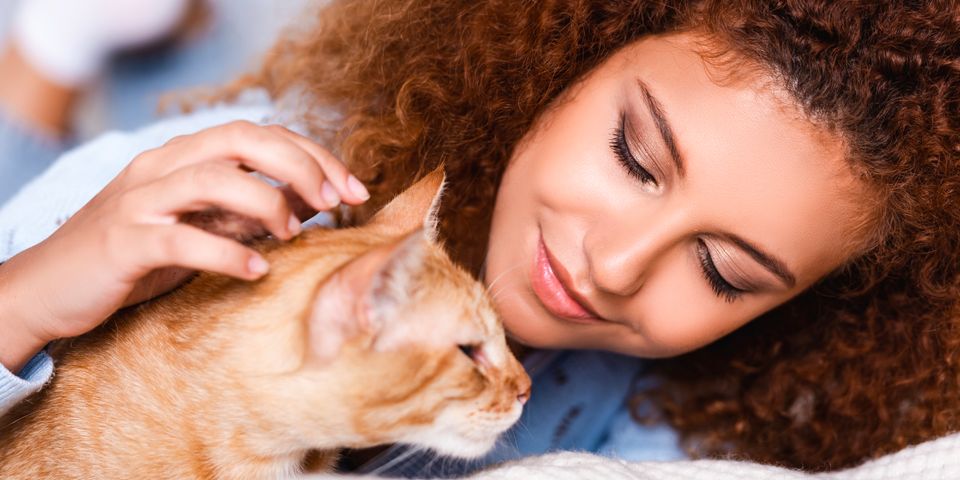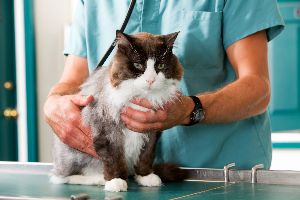
It's normal for cats to sneeze occasionally. However, if your cat is sneezing several times a day for long periods of time, they are likely dealing with a pet health issue. Here is what you need to know about cats with an itchy nose and when to contact a pet clinic.
What Causes Cats to Sneeze?
Sneezing is a response to irritation in the nasal passages. There are many potential reasons your cat might be experiencing this symptom. They may have inhaled irritants that are causing a tickle in their throat or nose. This can include air freshener sprays or excess dust in the air. If your cat is sneezing soon after you spray something or dust your floors, the particles in the air may be bothering them. Sneezing can also be caused by an infection in your cat’s teeth that is draining into the nasal passages, blockages in their nose, allergies, or cancer.
When Does It Become a Concern?

If your kitty sneezes occasionally but seems healthy otherwise, you probably don’t need to worry. However, frequent sneezing and the addition of other symptoms usually mean you have a pet health concern. Other symptoms to look out for include nasal congestion, eye discharge, coughing, or other cold-like signs. Your cat might be sneezing out mucus or their eyes may be teary and glassy. Their breathing might be loud and labored. Cats don’t typically catch common colds like humans, so these symptoms should not be ignored with the hope that they will go away. Bring your cat to the vet if you notice these symptoms. Keeping them regularly vaccinated can also help avoid these issues in the first place.
What Could Sneezing Indicate?
Sneezing may mean your cat is having difficulty breathing the air in your home. They might be allergic to air fresheners or perfumes. This could also indicate there is a blockage in their nose, such as excess mucus.
However, frequent sneezing most commonly indicates an upper respiratory infection (URI). This can be a number of diseases, including Feline herpesvirus 1, Feline calicivirus, Chlamydophila felis, or Mycoplasma spp. A URI will need to be treated by a veterinarian, as many will require antibiotics to heal.
Avoid pet health issues with your cat by keeping them up-to-date on their vaccines. You can get your cat vaccinated when they get spayed or neutered at Nutmeg Spay/Neuter Clinic in Stratford, CT. We are a local non-profit organization that offers reduced-cost spay, neuter, and vaccinations to cat and dog owners. Visit our website to learn more about our feline services or call (203) 690-1550 to make an appointment.
About the Business
Have a question? Ask the experts!
Send your question

